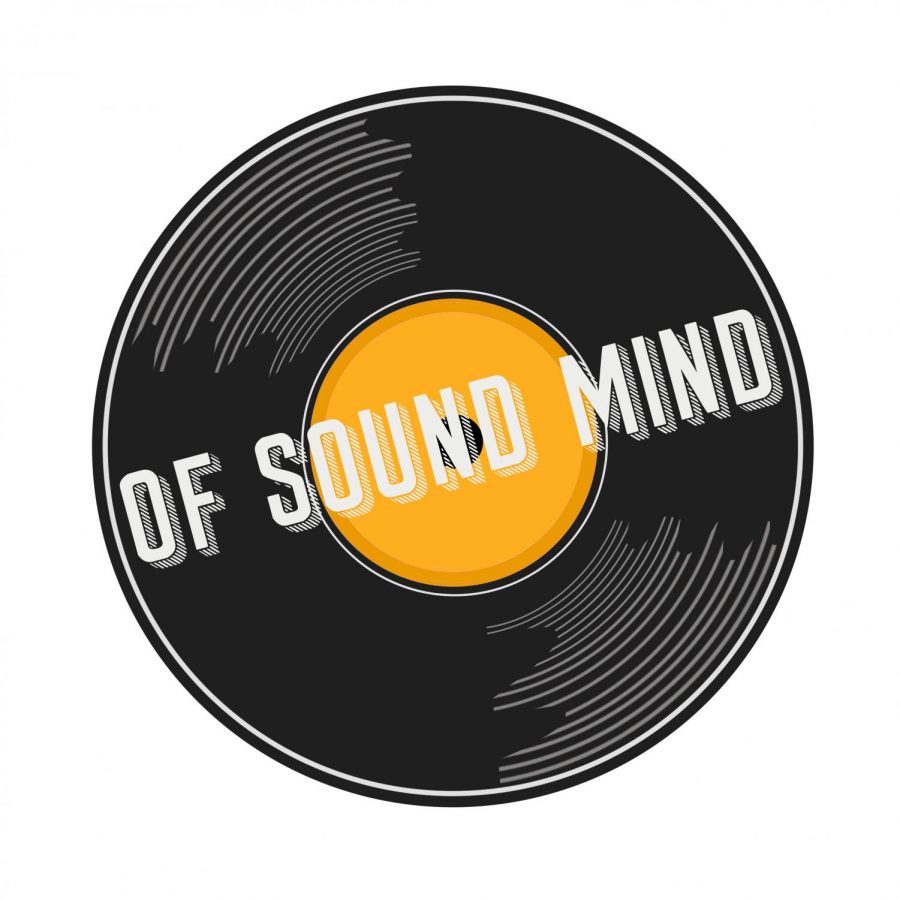Of Sound Mind | Tame Impala’s “The Slow Rush”
Of Sound Mind is a biweekly blog about new albums, old albums, forgotten albums, overrated albums and any other type of listening experience from staff writer Lucas DiBlasi.
September 6, 2020
It’s never been easier to become mini-famous than it is in 2020. Innovative marketing campaigns allow bands to cultivate cult-like followings out of their parents’ basements. There are heaps of bands you’ve never heard of who nevertheless have hundreds of thousands of fans and songs with millions of streams. But, conversely, with so much to grab our attention, it has never been more difficult to break into mainstream, Billie-Eilish-type success, where nearly everyone in America has heard your music.
Tame Impala, a solo project — unless performing live — by DIY musician and producer Kevin Parker, built an incredibly dedicated following in the early 2010s on the strength of his inward-looking instant psych-rock classics “Innerspeaker” and “Lonerism.” But with the release of “Currents” in 2015, he skyrocketed into the mainstream due to the poppy single “The Less I Know The Better.” As the years passed since the huge breakthrough of “Currents,” die-hard fans, casual listeners and — almost certainly — Parker himself were faced with a strangely complex question — what’s next for Tame Impala? As an artist, completely ignoring your fanbase is a dangerous path to tread, but how could Parker cater to a mix of zealots from his mini-famous days as well as the newer, more pop-oriented fans?
With the release of “The Slow Rush” on Feb. 14, Parker once again crafted an idiosyncratic sound that both builds off of his previous work and moves in a new direction. The new album takes the synth-y vibes of “Currents,” throws in some electronic dance music and swirls in the signature psychedelia of the earlier releases, while the lyrics meditate on the paradoxes of the passage of time. Satisfying every fan is never possible, and probably not even desirable, but “The Slow Rush” is an available, pop-oriented sonic delicacy that I find checks every box of a stellar album.
Online forums for Tame Impala fans abound with memes about the annoying person who insists on the distinction that Tame Impala is JUST one guy, Parker, who writes, records and produces EVERYTHING. In truth, multi-instrumentalists and musical polymaths have been around for ages. Classical composers had to intimately know every instrument they were composing for, and musicians such as Stevie Wonder and Prince were virtually one-man bands. Jacob Collier is another modern example.
But I do think Parker’s masterful control of every standard rock band instrument, as well as a few others, like congas, bring a cohesiveness to his music like none other. In each song, every part is balanced perfectly in every aspect — loudness, panning and frequency, melodically and harmonically. The drums and synth in “It Might Be Time” and the bass melody in “Lost in Yesterday” demonstrate his skill in the writing and placement of every instrument he works with. The most beautiful song on the album, “Tomorrow’s Dust,” is an example of virtuosic blending of these different sounds.
“The Slow Rush,” as the title suggests, ruminates on themes surrounding the passage of time. The opening song, “One More Year,” worries about stasis — “I know we promised we’d be doing this ‘til we die / And now I fear we might.” As the album progresses, Parker rashly promises his beloved a tattoo of her name on his arm, mourns the death of his father, promises he can still party like the kids and then decides, “It might be time to face it / … you ain’t as young as you used to be.”
Nostalgia for worse times mixes with glimmers of hope for the future even during new setbacks, and it begins to feel like Parker spent the last five years thinking about how those five years were passing. I find the lyrics only add to the music, giving the non-lyrical sound the force of the complex emotions — nostalgia, hope, grief — that surround the shifts in our perception of the inevitable passage of time. Additionally, Parker’s vocal melodies, in his whispery falsetto, are always easy on the ear.
The closing song on the album, “One More Hour,” finds Parker at some sort of peace with the events that the album depicts. He sings that he launched his music career for fame, but never considered that it may affect his future wife and children. “As long as I can, long as I can / spend some time alone,” he sings, before the slowly fading outro — “One more hour and you know your life is one to share.”
Cards on the table — I probably should have said by now that I’m a huge Tame Impala fan, but rest assured that this only makes me more critical of “The Slow Rush” than of an unfamiliar album. I can’t speak to all of the varied fans who’ve been attracted to Tame Impala for one reason or another over the years, whether it’s the grungy early albums or hearing “The Less I Know The Better” at a party, but I, for one, find “The Slow Rush” to be a delicious sonic journey with lyrical meaning to chew on for years to come. While we’re stuck in quarantine time limbo ourselves, give “The Slow Rush” a listen — I give it a solid 9.3/10.



